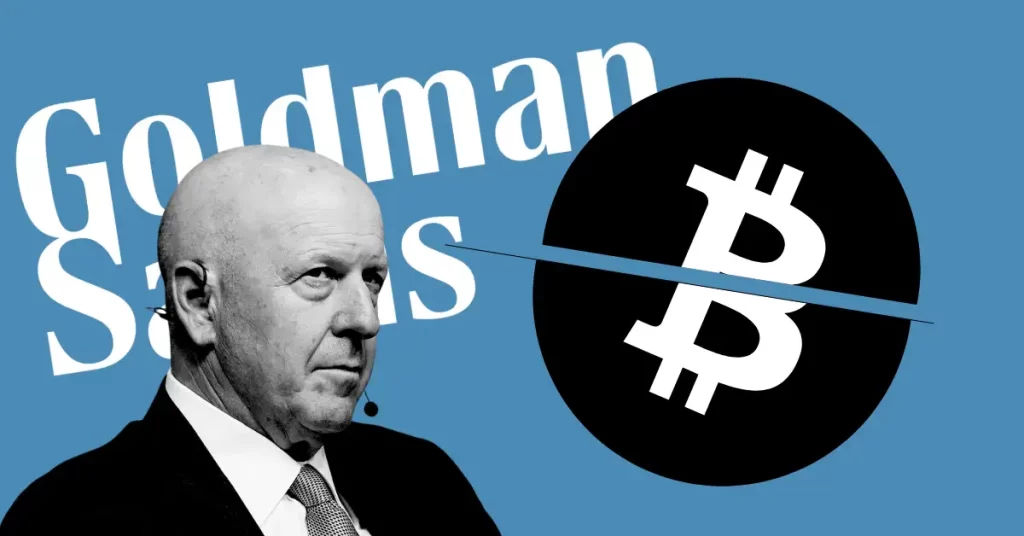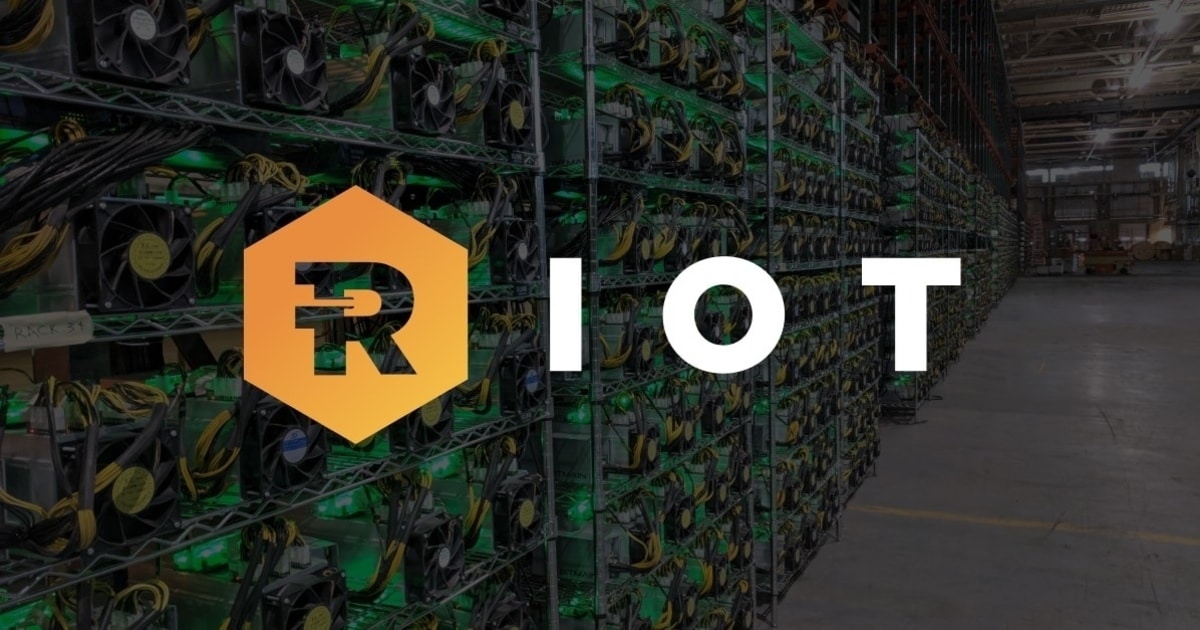Goldman Sachs Reveals Secret Crypto Plans -Three Projects Set to Shake!

The post Goldman Sachs Reveals Secret Crypto Plans -Three Projects Set to Shake! appeared first on Coinpedia Fintech News
There are so many powerful people in the financial world but as major players in traditional finance, such as BlackRock and Fidelity, continue to explore the crypto landscape, Goldman Sachs is gearing up to make significant strides of its own. The 150-year-old banking giant is seeing a surge in client interest, according to Mathew McDermott, Goldman Sachs’ Global Head of Digital Assets.
Expanding Crypto Offerings
Goldman Sachs is planning to broaden its crypto offerings, focusing on the hot sector of tokenization. Tokenization involves issuing “real-world assets,” like money market funds and real estate holdings, on public or private blockchains. McDermott revealed that Goldman Sachs intends to launch three tokenization projects by the end of the year, marking its first foray into this space in the U.S.
During a digital assets summit in London, which over 500 clients attended, McDermott emphasized the importance of creating products that investors truly want. “There’s no point doing it just for the sake of it,” he said. “The definite feedback is, this is something that actually will change the nature of how they can invest.”
Differing Views on Crypto
The crypto market, which had a tough period due to the FTX collapse, has bounced back this year. The January launch of Bitcoin ETFs played a significant role in this recovery. Goldman Sachs played a crucial role in these ETF offerings, helping with the redemption and creation mechanisms.
Despite this renewed momentum, not everyone at Goldman Sachs shares the same enthusiasm. In an April interview with the Wall Street Journal, Sharmin Mossavar-Rahmani, the Chief Investment Officer for Goldman Sachs Wealth Management, expressed skepticism about crypto as an investment asset class. She cited a lack of client interest.
However, McDermott highlighted that within an institution as large as Goldman Sachs, diverse views are expected. He noted that the bank is more active in crypto from an institutional perspective. This includes trading cash-settled crypto derivatives and engaging in the ETF markets. “We’ve continued to see, certainly this year, an uptick and a broadening in the product suite that clients would like to see available,” he said.
Focus on Tokenization
Tokenization is a key part of Goldman Sachs’ plans. The bank has already been involved in several tokenization initiatives. These include a bond issuance with the European Investment Bank and a sovereign green bond for the Hong Kong Monetary Authority. This year, BlackRock’s treasury fund BUIDL reached $500 million in assets. The fund operates on Ethereum, showing the potential of tokenized products.
While BlackRock and Franklin Templeton are targeting retail customers with their tokenization efforts, Goldman Sachs is focusing on institutions. McDermott explained that due to regulatory restrictions, Goldman Sachs prefers using private blockchains. The bank aims to create marketplaces for tokenized assets and improve the speed and variety of assets that can be used as collateral.
Looking Ahead
With the U.S. presidential election approaching, potential regulatory changes are on the horizon. McDermott is optimistic about the opportunities for Goldman Sachs in the crypto space. He hinted at the possibility of the bank holding spot crypto assets in the future, subject to regulatory approval. “There could be other things that we as a firm would naturally be interested in, like execution and maybe sub-custody,” he added.
As Goldman Sachs continues to navigate the evolving crypto landscape, its commitment to innovation will be crucial. Adaptation will also play a key role in shaping the future of digital finance.



